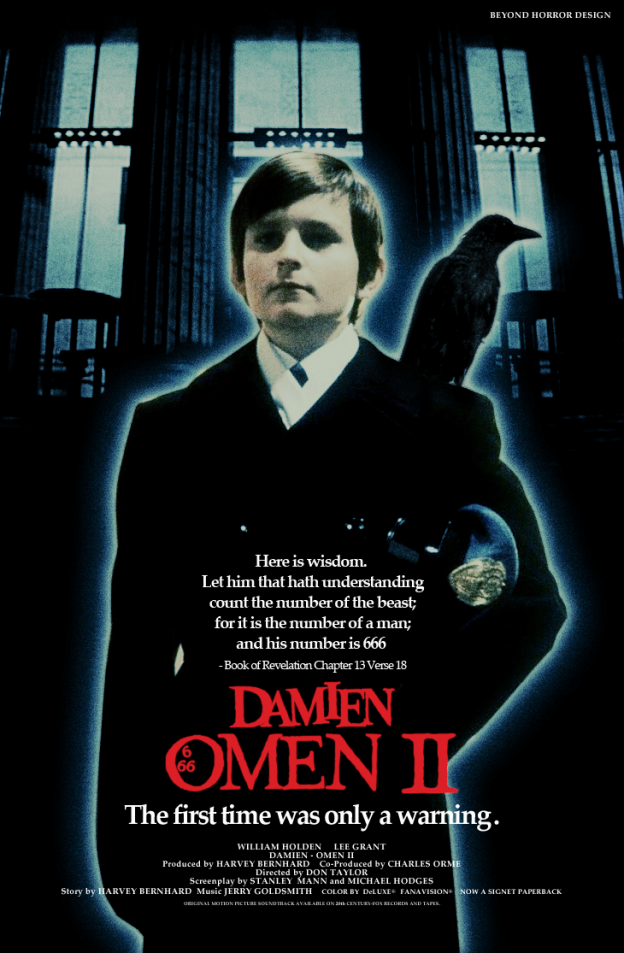The tele-experts assert that to do what he did—kill 10 and maim 13, at Santa Fe High School, in Texas—Dimitrios Pagourtzis had to be insane.
Likewise, Nikolas Cruz—killer of 17 in Parkland, Florida—and many shooters before him: All were victims of mental disorder. Or, so say the experts.
Come to think of it, the structure of argument coming from conservative and progressive corners is the same:
Conservatives blame mental health.
Progressives blame the National Rifle Association.
Both factions see the locus of responsibility for these murder sprees as beyond the reach and bailiwick of the individual and of what were once formative and corrective institutions: the church, for example.
As the language deployed in the culture might suggest, crimes aren’t committed, but are caused. Perpetrators don’t do the crime, but are driven to do their deeds by a confluence of uncontrollable factors.
The paradox at the heart of the disease theory of delinquency is that causal theoretical explanations are invoked only after bad deeds have been committed. Good deeds, however extravagant, are in no need of extenuation.
The evidence our tele-therapists advance for a killer’s “madness” is … the murder or murders he has committed.
Whatever the logical fallacy the psychiatrists commit—circular reasoning or backward reasoning—thinking people can agree: This is bad logic.
Fact: When they suggest a shooter is sick, they do so based on the fact that he committed murder.
Let’s run with this “logic”: The reductio ad absurdum of what the mental-health mavens are saying is that to kill, an individual must be deranged.
Does that not imply that the default condition of humanity is goodness?
Indeed, evil has been cast as a symptom of illness. It’s certainly so if to judge by the language used by the experts.
This is dangerous, because evil responds to punishment, not to kid gloves, which is what medicalizing misbehavior amounts to.
The more we medicalize dysfunctional conduct, the more of it we will get.
Why? Because the therapist’s couch—the chaise longue sofa in the movies—or his hallucinogens are a lot more pleasant than the hard work involved in reforming conduct and character.
Pleasant is a reward. Reward evil and you’ll get more of it.
That’s where the disease theory of delinquency leads. It rules out evil and brings us closer to marginalizing goodness.
By all means, scan the brains of shooters in search of significant pathology. You’ll find none—not when variables like drug-taking are controlled for, and when the absence of baseline measurements for comparison purposes is factored-in.
Moreover, most individuals classified as mentally ill do not murder.
See, evil is part of the human condition, always has been, always will be. Evil can’t be wished away, treated away, medicated away or legislated away. Evil is here to stay.
Bad people—little Damiens included—do bad things. All the more so when barriers to bad behavior are removed across the board, and when everything goes.
The infamous Nikolas Cruz was a feral boy bereft of family, friends, faith and church affiliation. Cruz was loosely attached to a sprawling, impersonal, school system that taught him and his peers about safe sex, but shielded them from the Ten Commandments.
His example of systemic institutional failure typifies instances of school shootings across America.
Failure of state institutions—FBI, education and social services—and failure of familial and faith-based institutions came together to dreadful effect. The latter, in particular, are no longer there for bad boys in the forceful, firm way they need.
Ultimately, the disease theory of delinquency is as morally fraught as it is logically wrong. You will never solve pervasive problems of character and morality, personal and societal, by medicalizing them.
©2018 By ILANA MERCER
Quarterly Review, The Unz Review, WND.com,
The Ludwig von Mises Centre for Property & Freedom,
Constitution.com
May 24
CATEGORIES: Crime, Culture, Education & Miseducation, Family, Guns, Logic & Reason, Morality, Psychiatry & The Therapeutic State, Therapeutic State

 print
print